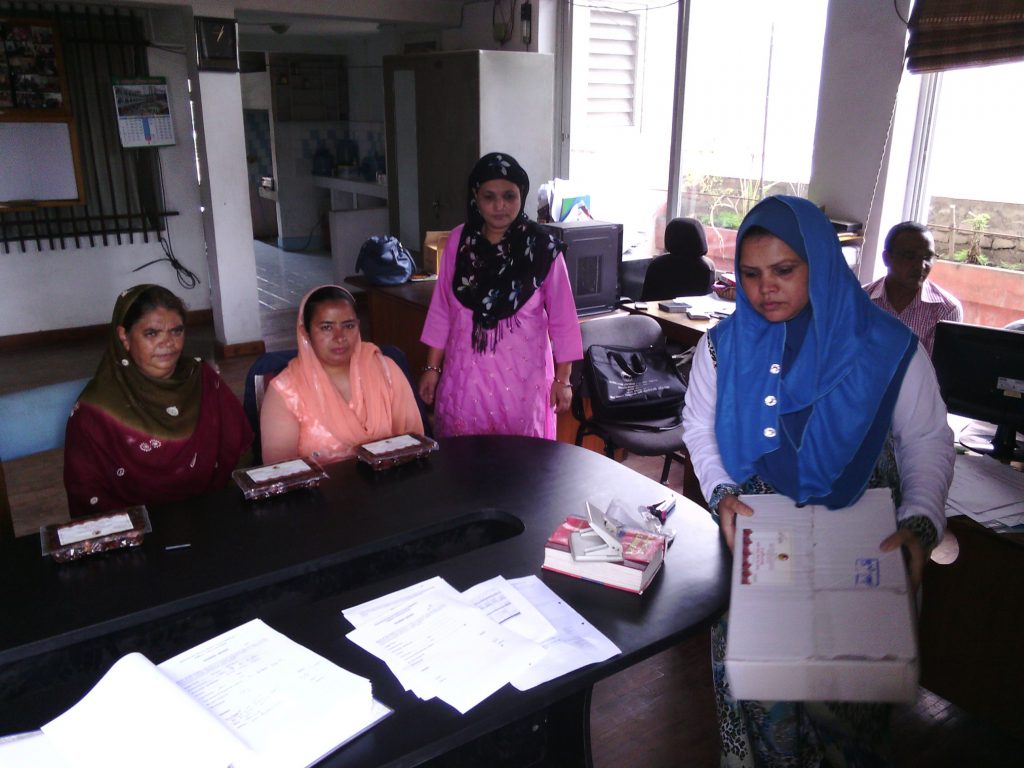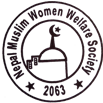Access to Quality Education
The literacy rate of the Muslim community is 43.56%, which is lower than the national literacy rate of 65.9%. Literacy among Muslim women is even lower, at 33.98%. The Muslim community, with male-dominated socio-cultural norms, is still hesitant to send their daughters to schools and colleges with co-education. Most Muslim parents send their children to madrasas for education. Madrasas follow their own curriculum, and the education they provide is not in sync with mainstream education. Madrasas are funded by donations and Zakat from the Muslim community. Most madrasas lack proper infrastructure and facilities. The academic certificates from Madrasa are not recognized by the government. As per the 2014 Human Development Index report by UNDP, Muslims in Nepal have the lowest Human Development Index (HDI) value of 0.422, compared to Brahmans/Chhetris who rank at the top with an HDI value of 0.538, followed by Janjatis at 0.482 and Dalits at 0.434. The low HDI of Muslims is also reflective of their low educational attainment, which hinders their representation and participation and perpetuates their exclusion.
Education is a fundamental human right. It is essential for the exercise of all other human rights. An investment in education is an investment in human capital formation. NMWWS is aligned and committed to Sustainable Development Goal# 4: Ensure inclusive and equitable quality education and promote lifelong learning opportunities for all.

To achieve SDD#4, NMWWS advocates for mainstreaming and improving the quality of madrasa education in Nepal. We work for equal access to affordable and quality primary, secondary, and university education, including technical and vocational skills for marginalized girls. We work to enhance the capacity of teachers, parents, children, and communities for their effective engagement in improving the quality of education. By increasing community-level awareness and scholarship support programs, NMWWS focuses on increasing school enrollment and access to quality education for girls.
